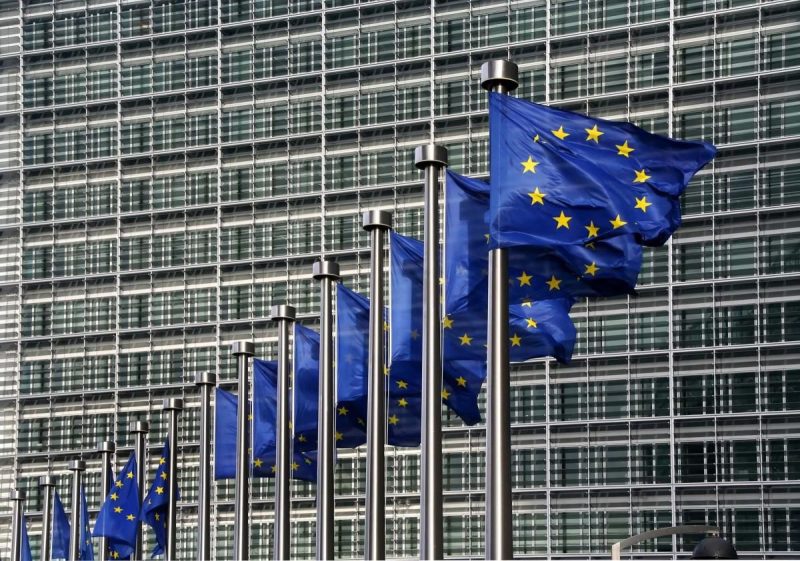The Multiannual Financial Framework (MFF) currently stands at €1.2 trillion, rising to €2 trillion with the temporary post-pandemic recovery fund—an €800 billion instrument that has channeled funding to Member States for years. However, many capitals are ruling out renewing it. Its expected conclusion in 2026 would leave the EU without a major financial lever at a time of growing challenges and mounting expenditures. Brussels has already warned that no significant increases should be expected in the upcoming budgets.
Eulàlia Rubio, senior research fellow in European economic affairs at the Delors Institute, tells EFE that the current size of the EU budget—just over 1% of the bloc’s GDP—is “too small.” This time, she notes, the issue is “even more glaring” because the crisis fund had raised expectations closer to 2%.
“We have to pay interest on the debt, and there are many pressing demands for increased spending,” Rubio adds.
The EU aims to boost its defense budget and invest more in economic competitiveness. A new fund is expected to support this latter objective. Meanwhile, the bloc must also cover up to €30 billion a year in interest payments on the pandemic recovery debt.
A Clash Over CAP and Cohesion
As a result, the EU is being forced to “square the circle,” as the Commission itself put it. Yet wealthier Member States—especially Germany—are not at all willing to increase their contributions to the EU budget, Rubio recalls. Berlin emphasized in an official document that there is “no justification” for increasing the budget and flatly rejected any continuation of the recovery fund.
Germany, under the leadership of Friedrich Merz, leads the so-called “frugal” group, traditionally opposed to a larger EU budget. This group also includes the Netherlands, Austria, and the Nordic countries. Although Denmark has formally left the group, it still opposes a larger budget and only supports new debt for defense spending.
These positions are in direct conflict with a larger number of Member States, including Spain, France, and Poland, who defend strong funding for flagship programs such as the Common Agricultural Policy (CAP) and Cohesion Policy.
Together, these two programs account for two-thirds of the EU’s spending—roughly €370 billion each—but face the constant threat of cuts during every budget negotiation, particularly now, with pressure mounting to free up resources for other priorities.
National—and Regional—Plans on the Table
In this context, the European Commission, led by Ursula von der Leyen, continues to finalize the details of the future budget with strict confidentiality. Von der Leyen has taken personal charge of the file (there is no Vice President for the Budget, and Commissioner Piotr Serafin reports directly to her), especially after the issue became entangled with the no-confidence motion she survived earlier this week.
Several sources consulted by EFE suggest that the Commission plans to consolidate various instruments into a “single fund”, whose resources would be distributed to Member States through national reform plans, following a model similar to that of the recovery plan.
REALTED NEWS: EU: apple stocks down 9.9%, pear stocks drop 31.3%
Originally, Brussels intended to include both cohesion and agricultural funding in this new instrument. However, sources now confirm that the CAP will ultimately remain outside this system. The new model will primarily apply to the European Regional Development Fund (ERDF).
Meanwhile, socialist representatives claim to have secured a commitment from Von der Leyen to also exclude the European Social Fund, which supports employment initiatives.
The proposal to manage these funds through national plans sparked alarm over the possible centralization of resources. It met with strong opposition from regional governments and Members of the European Parliament.
In response to these concerns, Von der Leyen promised a “central role” for Cohesion Policy in the new framework. The Commission now refers to “national and regional plans.”
“The Commission has understood that there is strong opposition, and that the role of the regions must be safeguarded,” summarizes Rubio from the Delors Institute.


















